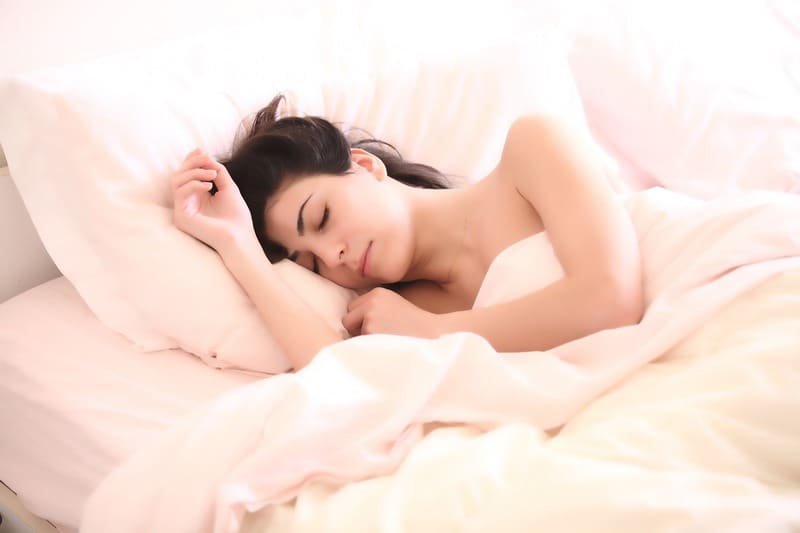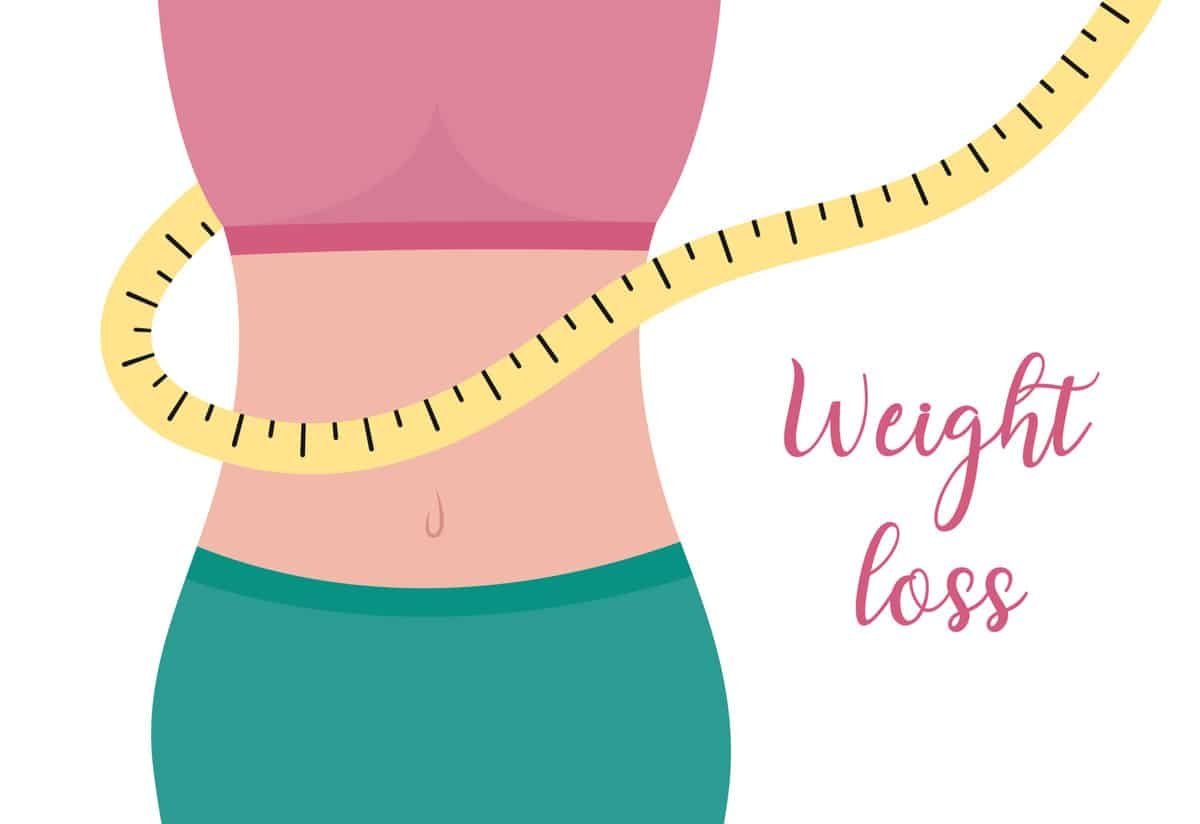Getting a good night’s sleep is essential for your overall health, and adopting certain healthy habits can significantly improve the quality of your sleep. These habits can help you sleep longer and ensure that the restorative phases of sleep, which are vital for both body and mind, are more effective. By creating a bedtime routine, improving your sleep environment, and making thoughtful choices during the day, you can enjoy a more refreshing and revitalizing sleep experience. In this guide, we’ll look at Healthy Habits for Better Sleep that will help you get the restful sleep you need.
In This Article
1. Establish a Consistent Sleep Schedule
Maintaining a consistent sleep schedule is essential for your overall health and well-being. It helps regulate your body’s internal clock, known as the circadian rhythm, significantly influencing sleep patterns and various bodily functions like hormone release, digestion, and body temperature.
- Stick to a regular sleep routine: Try to go to bed and wake up at the same time every day, even on weekends. This helps reinforce your natural sleep-wake cycle, enhancing the quality of your sleep. Consistent helps your body recognize when it’s time to sleep, making it more straightforward to fall asleep and wake up. Changing your sleep times, especially on weekends, can lead to “social jet lag,” making it harder to feel alert during the week.
- Understand circadian rhythms: These 24-hour cycles are part of your internal clock and govern when you sleep and wake. They are influenced by external factors like light and temperature, which signal your body when to be awake or asleep. Irregular sleep schedules or exposure to artificial light at night can disrupt these rhythms, leading to sleep disorders and other health concerns.
- Tips for adjusting your sleep schedule: Do it gradually if you need to shift your sleep times. Aim to change your bedtime or wake-up time by 15-30 minutes daily. This slow adjustment allows your body to adapt without significant disruption. Additionally, establish a calming bedtime routine like reading or meditating an hour before sleep to signal your body that it’s time to wind down. Reducing screen time and bright light exposure in the evening can also help you transition to an earlier bedtime more smoothly.
2. Create a Relaxing Bedtime Routine
Creating a relaxing bedtime routine is essential for achieving better sleep and relaxation. Here are some helpful tips for each part of your routine:
- Incorporate calming activities before bed (like reading, meditation, or light stretching): Engaging in peaceful activities signals your body that it’s time to unwind. Reading can help take your mind off the day’s stresses and set the stage for sleep. Even a few minutes of meditation can lessen anxiety and promote mindfulness, allowing your thoughts to settle. Light stretching can ease any muscle tension during the day, fostering a sense of physical relaxation.
- Limit screen time and blue light exposure: The blue light from screens on phones, tablets, and computers can disrupt melatonin production, the hormone that regulates sleep. Reducing screen time in the hour before bed allows your body to naturally increase melatonin levels, making it easier to fall asleep. Instead, try activities that don’t involve screens to create a sleep-friendly environment.
- Create a comfortable sleep setting (with dim lighting and a cooler room temperature): The environment where you sleep significantly impacts your rest quality. Soft lighting can help signal that it’s time to sleep. A cooler room temperature, ideally between 60-67°F (15-19°C), is often best, as it mirrors the natural drop in body temperature during sleep. Investing in comfortable bedding and reducing noise can further improve your sleep space.
By weaving these elements into your bedtime routine, you can cultivate a peaceful atmosphere that helps you relax and readies your mind and body for a refreshing night’s sleep.
3. Limit Caffeine and Alcohol Intake
- Caffeine and Its Impact on Sleep
Caffeine is a well-known stimulant that can significantly interfere with your sleep patterns. Drinking caffeine, particularly in the afternoon, can make it challenging to fall asleep at night and diminish your sleep quality. It does this by blocking adenosine, a neurotransmitter that encourages sleep, keeping you alert for extended periods. To reduce its impact, it’s a good idea to cut back on caffeine consumption by early afternoon, giving your body enough time to process it before you hit the hay.
- How Alcohol Affects Sleep Quality
Many people think that alcohol helps them relax and fall asleep more quickly, but it harms sleep quality. Alcohol can disrupt your sleep cycle, leading to fragmented sleep and less restorative deep sleep, which your body needs. It can also worsen sleep apnea, causing more frequent wake-ups during the night. To improve your sleep, it’s important to drink alcohol in moderation and avoid it close to bedtime.
- Evening Drink Alternatives
If you’re seeking alternatives to caffeine and alcohol in the evening, herbal teas can be significant. Options like chamomile, peppermint, or valerian root are known for their calming effects and can help prepare your body for sleep without the adverse effects of caffeine or alcohol. Additionally, warm milk or non-caffeinated drinks can be comforting options to help you relax at the end of the day.
4. Exercise Regularly
Getting regular physical activity is not just great for your overall health; it also significantly enhances your sleep quality. Exercising allows you to fall asleep quicker, enjoy more profound rest, and feel refreshed. Let’s explore how exercise impacts sleep and some recommendations:
- Recognize how exercise improves sleep quality:
Regular physical activity helps regulate your body’s internal clock, leading to better sleep patterns. It can alleviate symptoms of insomnia and sleep apnea, as well as reduce anxiety and depression, which often disrupt sleep. Exercise promotes relaxation, lowers stress, and promotes a more peaceful night’s sleep.
- Explore types of exercise that aid sleep, like yoga or cardio:
Different exercises affect sleep in various ways. Activities such as yoga and gentle stretching are excellent for relaxation, helping to calm your mind and making it easier to fall asleep. Conversely, aerobic workouts like running or cycling can boost sleep quality by increasing deep sleep. Engaging in moderate cardio several times a week can significantly improve how long and how well you sleep.
- Avoid intense workouts close to bedtime:
While regular exercise is helpful, timing is critical to ensure it doesn’t disrupt sleep. High-intensity workouts can raise your heart rate and adrenaline levels, making it challenging to relax before bed. To improve your sleep, it’s best to schedule intense workouts earlier in the day and save lighter activities, like gentle yoga or walking, for the evening to help your body wind down.
Incorporating these strategies can lead to a more restful and restorative sleep experience.
5. Manage Stress and Anxiety
Stress and anxiety can have a significant impact on how well we sleep. It’s tough to relax and drift off when your mind is racing with worries or feeling overwhelmed. Recognizing how stress affects sleep is essential for anyone dealing with sleep challenges.
The Impact of Stress and Anxiety on Sleep
When stressed, your body goes into a fight-or-flight mode, releasing hormones like cortisol and adrenaline. While these hormones help you react to threats, they can also keep you awake. Anxiety often leads to a cycle of persistent worry, making it hard to settle down at night, resulting in trouble falling asleep or waking up frequently. Over time, ongoing stress and anxiety can contribute to sleep disorders like insomnia, disrupting your natural sleep patterns.
Techniques for Managing Stress
To help reduce the impact of stress and anxiety on your sleep, it’s essential to adopt effective stress-relief strategies:
- Mindfulness: Practices like meditation and deep breathing can help quiet your mind and bring your focus back to the present. Concentrating on your breath or a calming object can lessen racing thoughts and create a sense of tranquility, aiding your ability to sleep.
- Journaling: Putting your thoughts and feelings on paper can extensively process emotions and ease tension. Keeping a journal lets you pinpoint stressors and clarify your thoughts, helping you release worries before bed.
- Physical Activity: Getting regular exercise is a well-known stress buster. Physical activity releases endorphins, which can boost your mood and promote relaxation. Aim for moderate exercise several times a week, but avoid intense workouts before bedtime.
- Establish a Routine: Setting up a consistent bedtime routine can indicate to your body that it’s time to wind down. Include relaxing activities, like reading or enjoying a warm bath, to help transition from the day’s hustle to a restful night.
When to Seek Professional Help
If stress and anxiety continue to affect your sleep despite trying these techniques, it might be a good idea to seek professional help. A mental health expert can provide personalized strategies, such as cognitive-behavioral therapy (CBT), to address the thoughts and behaviors fueling your anxiety. In some situations, it may also be helpful to consult a sleep specialist to identify any underlying issues affecting your sleep quality. Taking care of your mental health is crucial for improving your sleep and overall life quality.
Here’s a table with the important points from the Article:
| Key Point | Description |
|---|---|
| Consistent Sleep Schedule | Stick to regular sleep and wake times to reinforce natural sleep-wake cycles |
| Relaxing Bedtime Routine | Incorporate calming activities before bed, limit screen time, and create a comfortable sleep environment |
| Limit Caffeine and Alcohol | Reduce caffeine intake in the afternoon and moderate alcohol consumption to improve sleep quality |
| Regular Exercise | Engage in physical activity to enhance sleep quality, but avoid intense workouts close to bedtime |
| Stress Management | Practice techniques like mindfulness, journaling, and physical activity to manage stress and anxiety affecting sleep |
| Sleep Duration | Adults typically need 7-9 hours of sleep per night for optimal health and function |
| Impact of Screens | Blue light from screens can interfere with melatonin production, affecting sleep quality |
| Food and Drink Considerations | Avoid caffeine and alcohol close to bedtime for better sleep |
| Age and Sleep | Sleep patterns and quality can change with age, making good sleep habits more crucial for older adults |
| Seeking Professional Help | Consult a mental health professional or sleep specialist if sleep problems persist despite trying various strategies |
Conclusion
In short, getting good sleep is a complex journey that involves making thoughtful choices about your lifestyle, taking care of your mental health, and developing personal habits. By cutting back on alcohol, trying relaxing activities in the evening, staying active with regular exercise, and managing your stress and anxiety levels, you can significantly improve your sleep quality. Sleep is crucial for your overall health, so investing your time and energy into these practices can lead to more restful nights. If you continue to struggle, reaching out to a professional can offer helpful insights and customized solutions to guide you toward better sleep. Prioritizing sleep can enhance not just your nights but also your days!
Frequently Asked Questions About Sleep
How many hours of sleep do adults typically need?
Most adults need about 7 to 9 hours of sleep each night to stay healthy and function well. This amount helps the body recover and recharge, allowing individuals to perform their best during the day.
Can exercise improve my sleep quality?
Absolutely! Consistent physical activity can aid in falling asleep more quickly and experiencing more restful sleep. Just be sure to avoid intense workouts right before bed, as they can energize you too much and make it harder to relax.
What are some relaxation techniques I can use before bed?
Techniques like mindfulness meditation, deep breathing, and gentle stretching are great for promoting relaxation and getting your body ready for sleep. Adding these practices to your evening routine can significantly improve your sleep quality.
How does stress affect my sleep?
When stressed, your body releases hormones like cortisol, throwing off your sleep patterns. This often makes it challenging to fall asleep and stay asleep, leading to a cycle of tiredness and stress.
What time should I exercise to ensure it doesn’t negatively impact my sleep?
It’s best to do intense workouts earlier in the day when you have more energy. Opt for lighter activities like yoga or stretching in the evening to help you unwind and get ready for sleep.
Are there specific foods or drinks that should be avoided before bedtime?
Yes, it’s wise to cut back on caffeine and alcohol in the hours leading up to bedtime. Both can disrupt your ability to fall asleep and affect your sleep quality, making you feel tired in the morning.
Can I train my body to sleep better?
Definitely! Sticking to a regular sleep schedule and creating a sleep-friendly environment can help your body learn when it’s time to rest. Over time, this can lead to better sleep quality.
What steps should I take if I find myself awake in the night?
If you wake up at night, try to stay calm and avoid looking at screens, as that can disrupt your sleep further. Instead, use breathing techniques or visualization to help you relax and drift back off.
What impact does using screens before bedtime have on my sleep?
Looking at screens emits blue light, which can interfere with melatonin production the hormone that regulates sleep. To improve your chances of falling asleep, limiting screen time to at least an hour before bed is a good idea.
When is the time to get professional assistance for sleep problems?
If you’ve tried different strategies to improve your sleep and still have problems, it might be time to see a mental health professional or a sleep specialist. They can help identify any underlying issues affecting your sleep quality.
Does age affect sleep quality?
Yes, as people get older, their sleep patterns often shift, leading to lighter sleep and more difficulty staying asleep. This makes good sleep habits even more critical for older adults to ensure they get the rest they need.

Mariyam
Dr. Mariyam Hamdan is a highly skilled gynecologist specializing in women's health. With a medical degree from American University Sharjah, United Arab Emirates, she offers expert care in preventive services, reproductive health, pregnancy management, and menopausal support. Dr. Mariyam is dedicated to providing personalized, patient-centered care, and is committed to educating and empowering women to take charge of their health.







